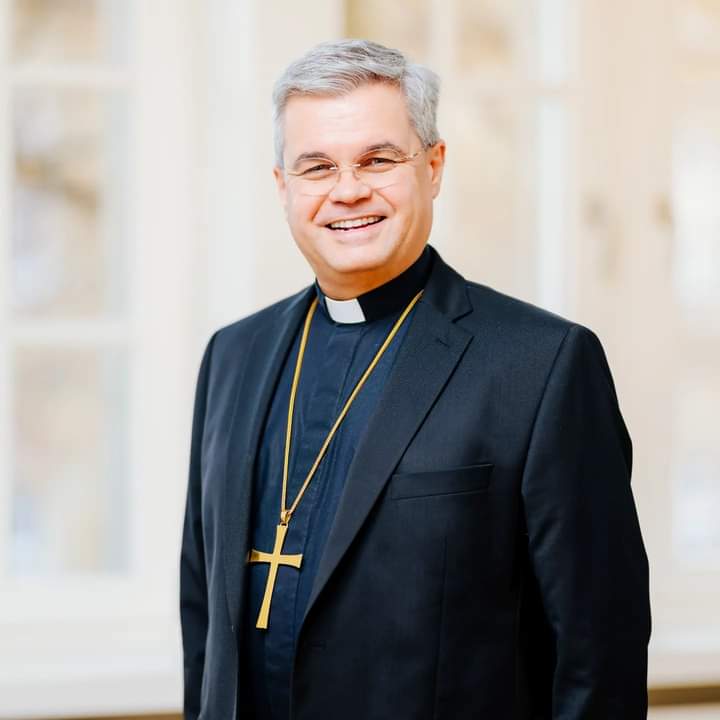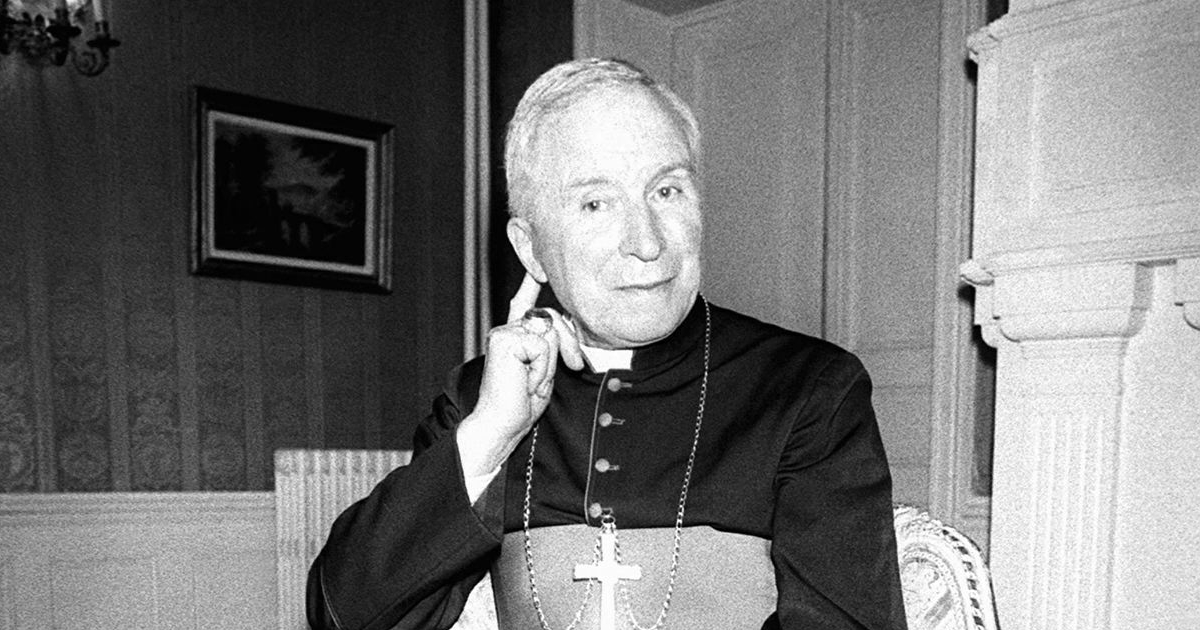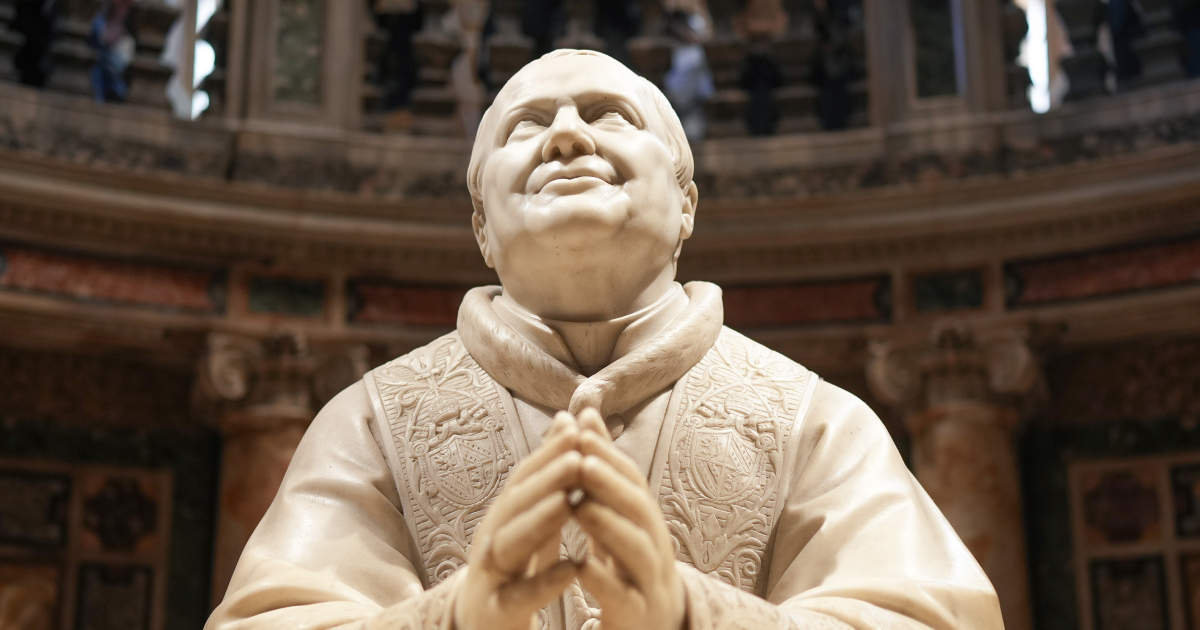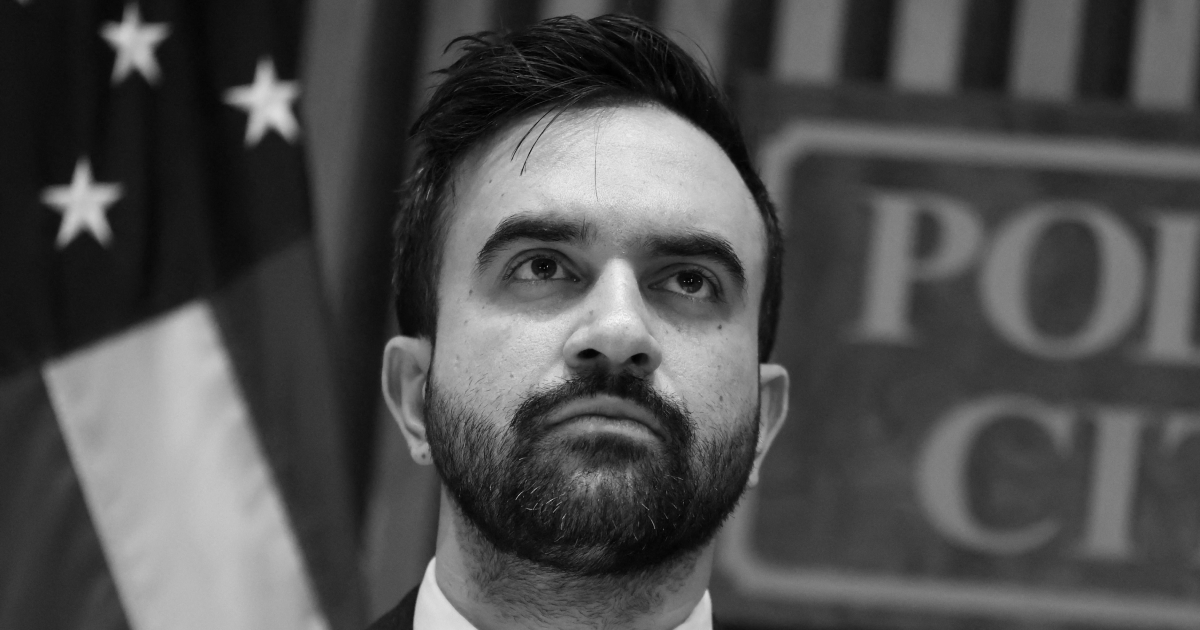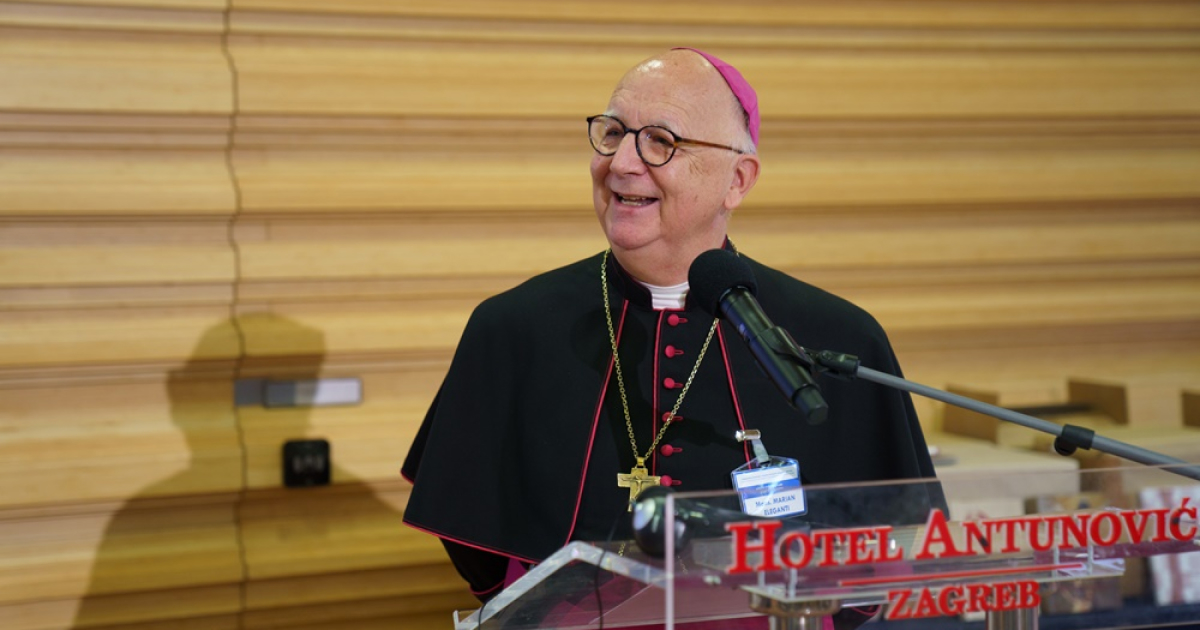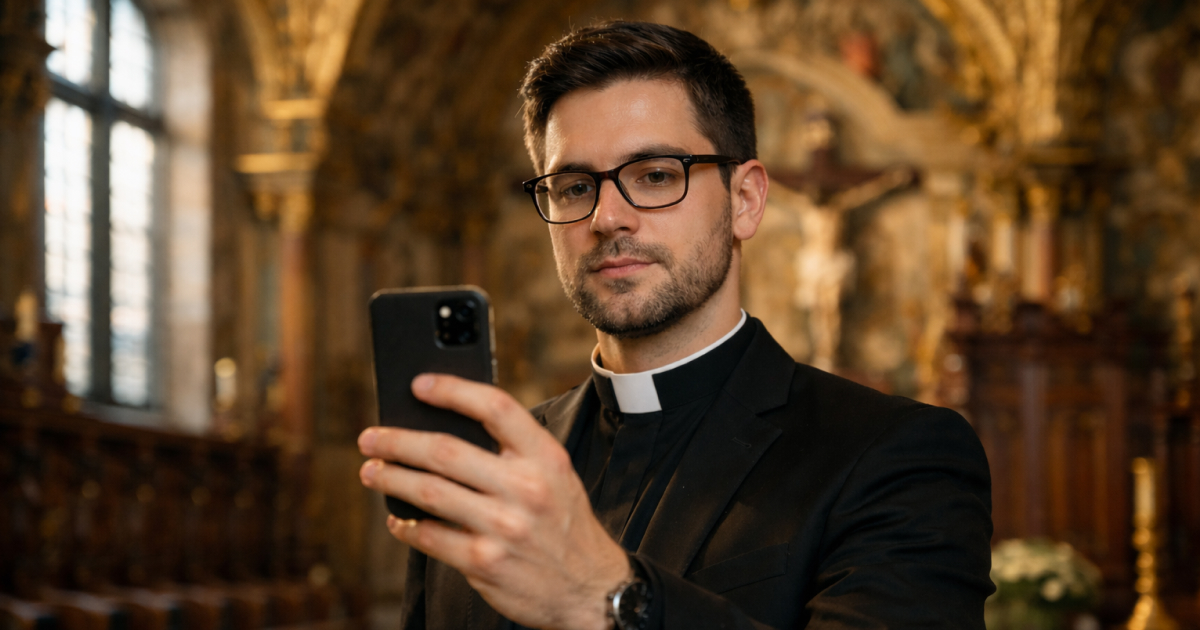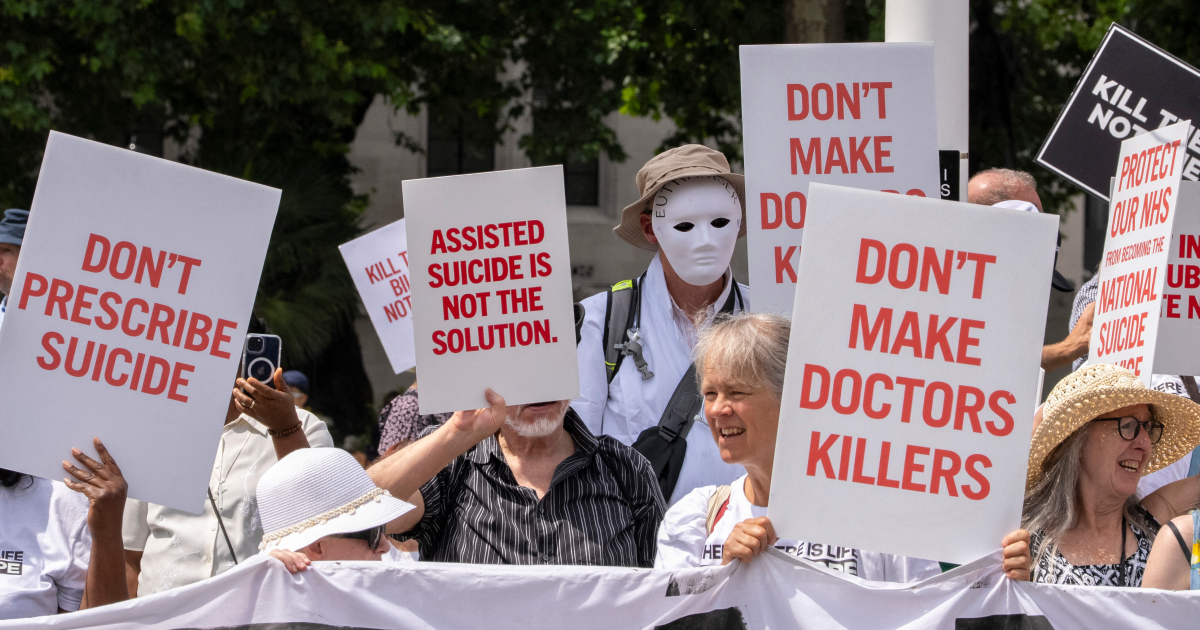Archbishop Udo Markus Bentz of Paderborn has temporarily moved his official residence from the historic episcopal city to the Sauerland region for a week-long pastoral initiative aimed at bringing him closer to the daily lives of his flock.
From 5-12 October, he will live and work in Arnsberg, holding meetings, celebrating Masses and engaging with local people under the theme “We.Here.Now.”.
The initiative is not a formal visitation, as outlined in canon law, but rather a more personal and experimental approach to episcopal presence. During his stay, Archbishop Bentz will reside at the former Wedinghausen Monastery, a small section of which has been converted into accommodation for the archbishop and a small team of aides who are accompanying him for the week.
Canon law requires diocesan bishops to visit their dioceses regularly, but moving the official episcopal seat, even for a brief period, is unusual. Previous bishops have conducted pastoral visitations or mission weeks, but rarely have they transferred their administrative and personal base to a different part of the diocese in such a visible, symbolic way.
"A hopeful person does not wait in the face of fate," Archbishop Bentz stated in 2024 in his first pastoral message. "The gap between reality as it is and hope as it could be from God should be our motivation to commit ourselves to living differently."
Throughout the eight days, Archbishop Bentz will maintain his usual duties while travelling extensively across the Sauerland. His schedule includes parish visits, liturgies and meetings with local volunteers and pastoral workers, as well as with civic leaders and community representatives. The programme also features time with families on Lake Bigge, visits to schools and care homes, and discussions with farmers and local officials.
Dr Lankowski, the Archdiocese of Paderborn’s editorial director of communication, described the week as an opportunity for the archbishop to “immerse himself in people’s lives” and to listen directly to the concerns, hopes and experiences of those who make up the life of the Church in one of Germany’s most deeply rooted Catholic regions.
Though administrative work will continue in his absence, with most documents accessible digitally, the focus of the week is pastoral and personal rather than bureaucratic.
Bentz’s decision to temporarily relocate follows a pattern of initiatives seen in parts of Germany where Church leaders are seeking more direct engagement with local communities amid falling Mass attendance and widespread calls for renewal. The Catholic Church in Germany continues to face an unprecedented crisis, as it haemorrhages baptised Catholics.
Archbishop Bentz’s spontaneous “change of office” will not be a one-off experiment. The archdiocese has already confirmed that similar initiatives are planned for the coming years, with future temporary relocations expected to take place in towns on the edge of the Ruhr region.
The Archdiocese of Paderborn is one of the largest in Germany, covering much of eastern North Rhine-Westphalia and parts of Hesse and Lower Saxony. It encompasses nearly 1.5 million Catholics across both rural and urban regions, from industrial centres in the Ruhr – a major industrial region along the course of the Ruhr River – to small parishes in the Sauerland hills.
Arnsberg and the Sauerland region are seen traditionally as part of the Catholic identity of North Rhine-Westphalia. The area’s monastic heritage, stretching back to the Middle Ages, has shaped its religious and cultural life. Wedinghausen Monastery was founded in the 12th century.
"Our place is not the sacristy, but the world," the archbishop said in his fist pastrol message.
RELATED: Catholic Church in Germany loses half-a-million members in just a year
Photo: Archbishop Udo Markus Bentz (image: Wikipedia/Creative Commons)





